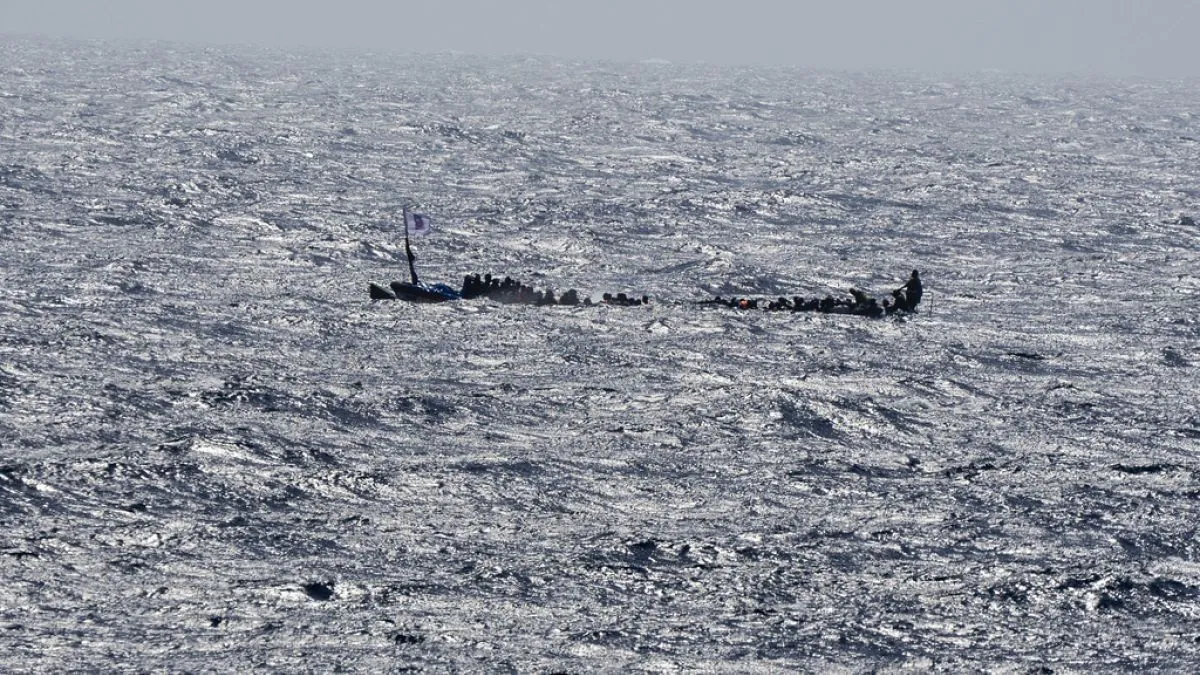On 2024-08-22, a tragic incident unfolded on the Drina River, which forms the border between Serbia and Bosnia and Herzegovina. A boat carrying migrants capsized, leading to the loss of 11 lives. The following day, authorities recovered the final body, bringing a somber conclusion to the search efforts.
Ivica Dačić, Serbia's Interior Minister, confirmed that the victims included eight individuals from Syria, two from Egypt, and one from Iraq. Among the deceased were a mother and her infant, underscoring the human cost of these perilous journeys. Fortunately, 18 people managed to reach the shore safely.
The Drina River, known for its emerald-green waters and popular for rafting, presents significant dangers to those attempting unauthorized crossings. Vladan Rankic, who led the search and rescue operation, emphasized the river's unpredictability:
"It is not safe to cross the river as was attempted yesterday and we all saw what happened. It is a dangerous river during the night for those who know it, and it is even more dangerous for those who do not know it."
The river's treacherous nature is exacerbated by the presence of hydroelectric power plants, such as Bajina Bašta and Zvornik, which can cause rapid fluctuations in water levels.
This incident highlights the ongoing challenges faced by migrants using the Balkan route to reach Western Europe. The route, which gained prominence during the 2015 European migrant crisis, typically involves traversing Turkey, Greece, North Macedonia, and Serbia before attempting to enter EU countries.
Serbia, while not an EU member, is a candidate country and has faced criticism from human rights organizations for its handling of migrants and refugees. The country's authorities are now focusing on identifying and prosecuting the smugglers responsible for organizing this ill-fated journey.
The tragedy on the Drina River serves as a stark reminder of the risks associated with irregular migration. Many of those attempting these dangerous crossings are fleeing conflicts and economic hardships in their home countries. The Syrian civil war, ongoing since 2011, continues to be a major driver of migration to Europe. Similarly, political instability in Egypt and the prolonged conflict in Iraq have contributed to the flow of people seeking safety and better opportunities.
As the EU's border agency, Frontex, continues its operations in the Balkan region, the international community faces the ongoing challenge of balancing border control with humanitarian concerns. The Drina River valley, with its rich history dating back to prehistoric times, now bears witness to the contemporary struggles of those risking everything for a chance at a better life.
